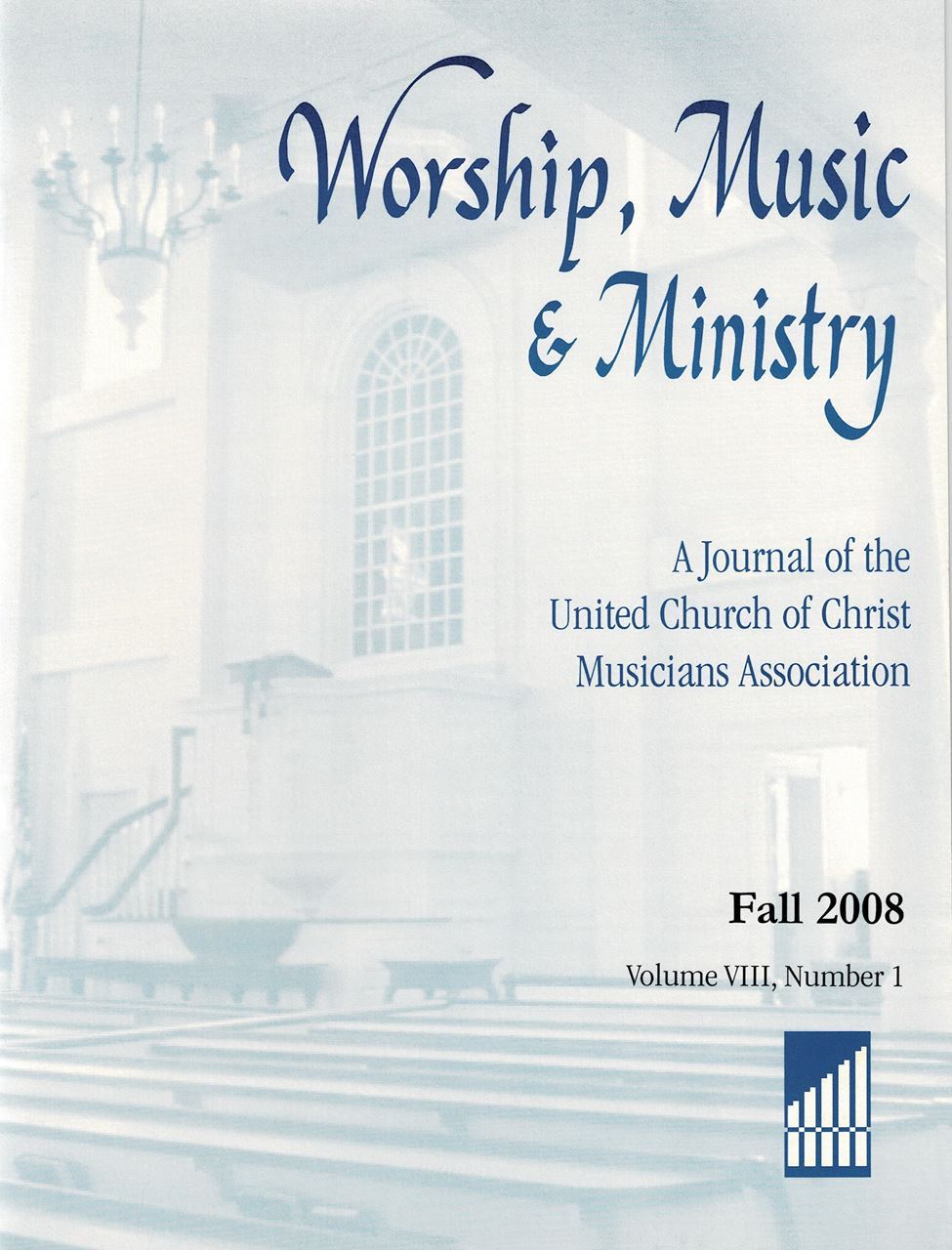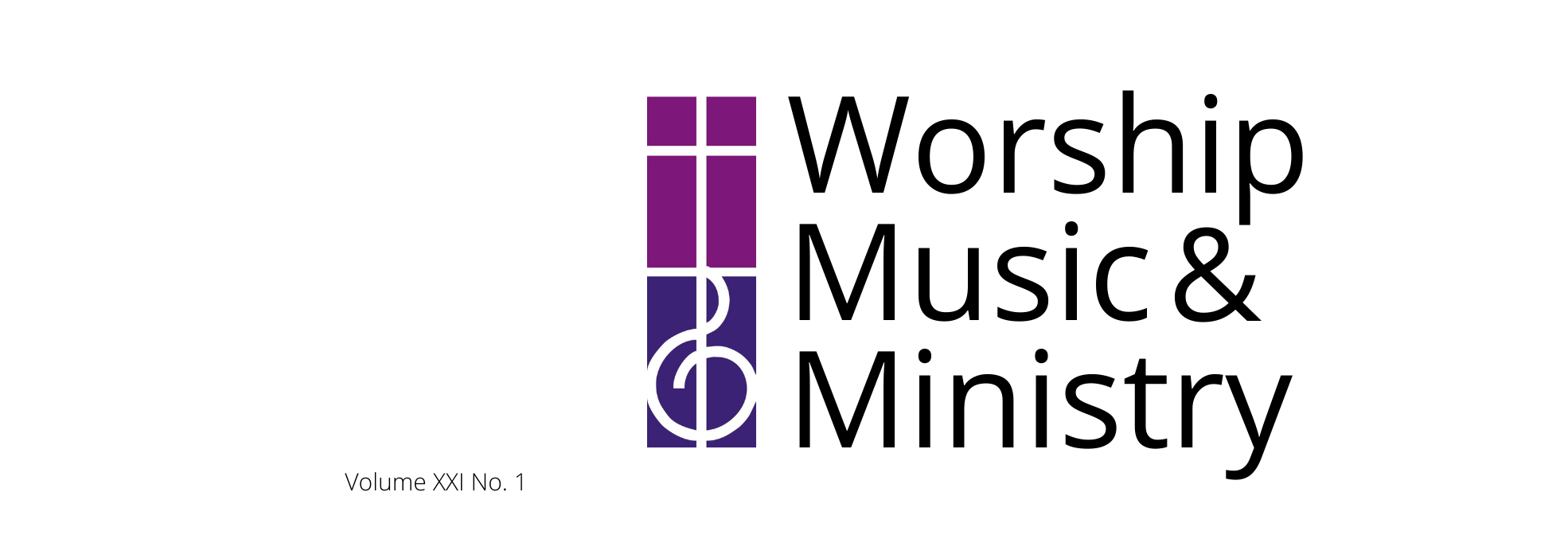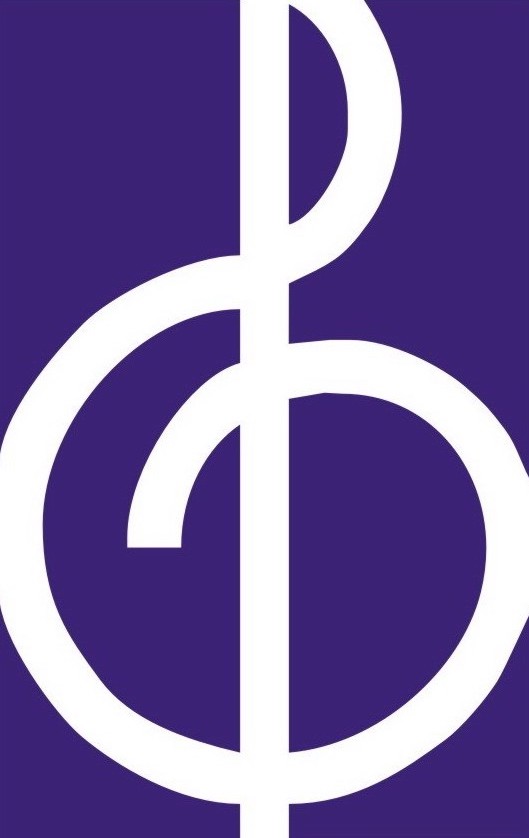Happy Upcoming 350th Birthday,Isaac Watts!
By Robin Knowles Wallace
Watts’s first poetry collection, Horae Lyricae, was published in 1706 and revised in 1709. A book of poems for children, now considered problematic for several reasons, was published in 1715. The poems for children did provide one hymn still sung today, “I sing the mighty power of God” (New Century Hymnal [NCH] #12). Hymn collections appeared in 1707 (Hymns and Spiritual Songs, revised several times, eventually with sixteen editions) and 1719 (The Psalms of David Imitated in the Language of the New Testament, and Applied to the Christian State and Worship). Hymns and Spiritual Songs was comprised of three sections, “Collected from the Scriptures,” “Composed on Divine Subjects,” and “Prepared for the Lord’s Supper.” “When I survey the wondrous cross,” NCH #224 comes from the communion section of 1707, while “Joy to the world” NCH #132 and “Our God, our help in ages past” NCH #25 come from 1719. Watts died on November 25, 1748, at age 74. Altogether, Watts wrote over 750 hymns and helped to establish hymn singing, as opposed to psalm-singing, as an essential part of English-speaking worship. Albert C. Ronander has pointed out five distinguishing characteristics of Watts’s hymns: 1) Christological in character (even, and sometimes especially, the Psalms), 2) intended for church worship, 3) scripturally based, 4) linking praise and our common life, and 5) comprehensive scope (“The Hymnody of Congregationalism,” The Hymn, vol. 8, no. 1 [January 1957]). Watts’s hymns have appeared in thousands of hymnals over the centuries. Pilgrim Hymnal (1931), Hymnal of the Evangelical and Reformed Church (1941), and the Hymnal of the United Church of Christ (1974) each contained ten Watts texts. Pilgrim Hymnal (1958) had eighteen by Watts, and NCH had fourteen.
Selected Hymns and Tunes to Consider Watts provides us with several texts for singing through the Christian year and on various topics for worship. The categories below are my particular organization for this article; you may find additional uses for many of these texts and their tunes. Christmas: Watts considered “Joy to the world” simply as a setting of Psalm 98.4-9, though clearly with Jesus as “Lord.” The Presbyterian hymnal, Glory to God (2013) included the text twice, once in their nativity section #134 with ANTIOCH and once under “Jesus Christ: Ascension and Reign” #266 with RICHMOND. One might use RICHMOND to give a non-Christmas ambiance when Ps. 98 appears in the Holy Cross Sunday (September 14) lectionary in all three years of the Revised Common Lectionary (RCL). Or, for Christmas, try choir and then congregation on Emma Lou Diemer’s jazzy arrangement found in Ecumenical Praise (1977, available through Hope Publishing). Epiphany: “Jesus shall reign” is based on Ps. 72, with DUKE STREET its most common tune. The descant in Chalice Hymnal Worship Leader’s Edition #95 by Erik Routley (copyright, Eerdmans, 1985) adds rhythmic interest. NCH #300 puts this hymn in the section for Reign of Christ Sunday (the Sunday before Advent). Holy Week: NCH #225, “It was a sad and solemn night,” is a robust Holy Thursday text that retells the Last Supper and points to our feasting with Christ when he returns. Many consider “Nature with open volume stands” Watts’s finest hymn. The angular ELTHAM in The Hymnal 1982 #434 captures the starkness of Good Friday and Christ’s work on the cross. “Alas, and did my Savior bleed” has appeared in over 2,200 hymnals, including NCH #199 with its camp-meeting refrain “At the cross” and NCH #200 to MARTYRDOM. And it would not be Good Friday (or Lent) in some churches without singing “When I survey the wondrous cross” (NCH #224). Ancient and Modern (2013) #157 includes an interesting folk-like tune, SUTHERAN, by Jill Sutheran of the Northumbria Community; YouTube includes an organ version of SUTHERAN and at least one with guitar and voice only. For an in-depth consideration of this text, see David W. Music, “When I Survey the Wondrous Cross: A Commentary,” The Hymn 65, no. 2 (Spring 2014), 7-13. Easter and the Great Fifty Days: “This is the day the Lord hath made” is based on Psalm 118, used for Easter and the second Sunday of Easter. One of the churches I grew up in used this first stanza often as a choral introit with TWENTY-FOURTH. Hymns for a Pilgrim People: A Congregational Hymnal (2007) #264 includes a public domain version set with NUN DANKET ALLE. Psalm 23 appears on the fourth Sunday of Easter in all three lectionary years and three other times in the RCL. Watts set texts on Ps. 23 in long meter (8.8.8.8.), common meter (8.6.8.6.), and short meter (6.6.8.6). The common meter version, used at NCH #247, ends with the touching line “no more a stranger or a guest/but like a child at home.” Pentecost: “Come, Holy Spirit, heavenly Dove” appears in NCH #281 to ST. AGNES is also appropriate for opening worship or as a call to prayer. Trinity Sunday: “We give immortal/unending/eternal praise” has stanzas each devoted to a “person” of the Trinity, to whom belong praise to God the Father, glory to God the Son, and worship to God the Spirit, ending with honor to “the undivided Three and the mysterious One.” The public domain setting with CROFT’S 136TH is from Rejoice in the Lord [RL] (1985) #624. All Saints: “Come, we who love God’s name” appears twice in NCH under “Communion of Saints” but is often used other times. It is set at #379 with the tune ST. THOMAS. The setting at #382, MARCHING TO ZION, by Robert Lowry, adds a refrain and was popular in Sunday schools, at camp meetings, and in African-American worship experiences (Carlton R. Young, Companion to The United Methodist Hymnal, 1993, 303). This second setting is often sung as a processional or recessional with clapping on beats 2-3 and 5-6. Thanksgiving and Creation: “I sing the mighty power of God” includes a lovely descant with ELLACOMBE at NCH #12. “Come, let us join your cheerful songs,” based on Rev. 5:11-13, is enlivened by the chorale tune NUN DANKET ALL UND BRINGET HER; from the public domain example from the 1999 AME Zion Hymnal. Adding back the omitted stanza #4 makes this text usable with creation-themed worship: “Let all that dwell above the sky,/And air, and earth, and seas,/Conspire to lift thy glories high,/And speak thine endless praise.” The public domain version of “High in the heavens,” Psalm 36, is from Psalms for all Seasons (2012) #36B. “The heavens declare thy glory, Lord,” on Ps. 19, is set in RL #411 with BOULDER, a rhythmic chorale in e minor by Paul Manz. Reign of Christ Sunday: NCH #300, “Jesus shall reign;” see Epiphany above. Praise of God: “Our God [orig.]/O God, our help,” on Ps. 90.1-5, was originally nine stanzas; like most modern hymnals, New Century uses stanzas 1, 2, 3, 5, 7, and 9 with ST. ANNE. Hope Publishing has the descant by Donald P. Hustad available online through its website or hymnary.org for use with a license; it also appears in Chalice Hymnal #67. “From all that dwell below the skies” is based on Ps. 117. Used often with OLD 100TH and DUKE STREET, NCH #27 pairs it with LASST UNS ERFREUEN with multiple alleluias. “I’ll praise my Maker while I’ve breath,” a setting of Ps. 146, was altered from the original, “I’ll praise my Maker with my breath.” Often sung to OLD 113TH, a public domain version can be found in Celebrating Grace (2010). “Give to our God immortal praise,” RL #347, sings of God’s mercies, wonders, and grace, attempting to echo the refrain of Ps. 136 by repeated lines in this Watts text. WARRINGTON by Ralph Harrison is a public domain tune, and the descant appears also to be public domain. For those sensitive to the abundant masculine pronouns for God, alter the text. “Sing to the Lord with joyful voice/Before Jehovah’s awful throne” is based on Ps. 100.2. Though many of us sung this previously to OLD 100TH or WINCHESTER NEW—both tunes possibly known by Watts—Calvin Hampton’s DE TAR, found at The Hymnal of The United Church of Christ (1974) #38, presents terrific opportunities for unison choir or soloist, descant instrument and keyboard, or organ (bass in pedals, off-beat chords on foundation stop, and descant on solo stop). Praise of Christ: Darcey Press’s 2014 “In Melody and Songs”: Hymns from the Psalm Versions of Isaac Watts includes many new and contemporary tunes for Watts’s texts. Singapore composer Lim Swee Hong, now Director of the Sacred Music program at Emmanuel College in Toronto, has set several Watts texts, with one of my favorites being “O Lord, our Lord, how wondrous great” (GIFT OF GRACE). The text is loosely based on Psalm 8, with praise of Jesus being the primary focus of stanzas 2 and 3. Prayer: “I love my God/I love the Lord/I know I am” is based on Ps 116.1-2. NCH #511 has Richard Smallwood’s outstanding four-part writing. Chalice Hymnal #598 has the same text but a very different ornamented “lined out” version for leader and congregation, transcribed by Floyd Knight Jr. Chalice Hymnal Worship Leader’s Guide notes that this “is often chanted as a prayer meditation before the pastoral prayer.” British composer David Lee has several settings of Watts’s texts. “From deep distress and troubled thoughts,” CONISCLIFFE, based on Ps. 130, can be found online in “In Melody and Songs” (2014). (Do check out Lee’s permissions. “O God of love, forever blest,” based on Ps. 120, has been set by Bruce Benedict of Cardiphonia Music with an optional spoken prayer for peace. The hymn can be found in Psalms for All Seasons #120C and could be performed using men and women in two parts alternating on the refrain. Communion: In addition to the Holy Thursday text mentioned above, “Jesus invites his saints” draws on the body of Christ text in 1 Cor 10.16-17. Find a public domain copy with ST. MICHAEL. Scripture: “Lord, I have made thy word my choice,” based on Ps. 119, could make an excellent devotional beginning for Bible study. Hymnary.org has the public domain version of it with CRIMOND from The Covenant Hymnal (1996). Confirmation: “Join all the glorious names” could make an intriguing theological study for confirmands or adult education. The original has at least fourteen names for the offices of Jesus—Savior, Redeemer, Prophet, Counsellor, Pattern, Guide, Shepherd, High-Priest, Advocate, Defense, Lord, Conqueror, King, Captain, Christ. See the text with all twelve original stanzas. Both psalm tunes were most often sung with DARWALL 148TH or CROFT’S 136TH. Conclusion The hymn texts of Isaac Watts still enliven our worship today. This article has attempted to consider the versions that have appeared in hymnals, but many of his texts are also being “retuned” or included in Praise & Worship songs. I hope that you found something new in this article to try or that it inspired you to do your own Watts search in 2024, the 350th year of his birth. ■
| A Message from The Rev. Karen Georgia A. Thompson Our First “Worship, Music & Ministry” Issue Singing Welcome to Outsiders within the Congregation Happy Upcoming 350th Birthday, Isaac Watts! Christians in Nigeria: A Follow-up Cliff’s Notes: A Jazz Opera Comes Alive TECH TALK: A Primer on Mixers and Amplifiers MUSIC DOWNLOAD CROSSES "Upright cross with outwardly widening ends. It is often seen in relics from the late antique and early medieval Byzantine Empire (until c. 800) and was adopted by other Christian cultures of the time, such as the Franks and Goths." — Wikipedia LOOKING BACK – 30 YRS.  The first 22 years of Worship, Music & Ministry in print. |

 Isaac Watts was born on July 17, 1674—almost 350 years ago—in Southampton, England. He was the eldest of nine children in a prosperous family of dissenting Congregationalists. He first wrote poetry as early as seven but turned to writing hymns more seriously in his twenties. He also wrote theological works and an important textbook on logic. Illness prohibited him from serving full-time as a pastor, but he found solace in the home of the wealthy Abney family and his writing. (For more on “The Hymns of Isaac Watts and the Tradition of Dissent,” see J. R. Watson’s chapter in Dissenting Praise: Religious Dissent and the Hymn in England and Wales, ed. Rivers and Wykes, 2011.)
Isaac Watts was born on July 17, 1674—almost 350 years ago—in Southampton, England. He was the eldest of nine children in a prosperous family of dissenting Congregationalists. He first wrote poetry as early as seven but turned to writing hymns more seriously in his twenties. He also wrote theological works and an important textbook on logic. Illness prohibited him from serving full-time as a pastor, but he found solace in the home of the wealthy Abney family and his writing. (For more on “The Hymns of Isaac Watts and the Tradition of Dissent,” see J. R. Watson’s chapter in Dissenting Praise: Religious Dissent and the Hymn in England and Wales, ed. Rivers and Wykes, 2011.)

 Robin Knowles Wallace is an ordained UCC pastor, former seminary teacher, hymnologist, and author of books and articles.
Robin Knowles Wallace is an ordained UCC pastor, former seminary teacher, hymnologist, and author of books and articles.


